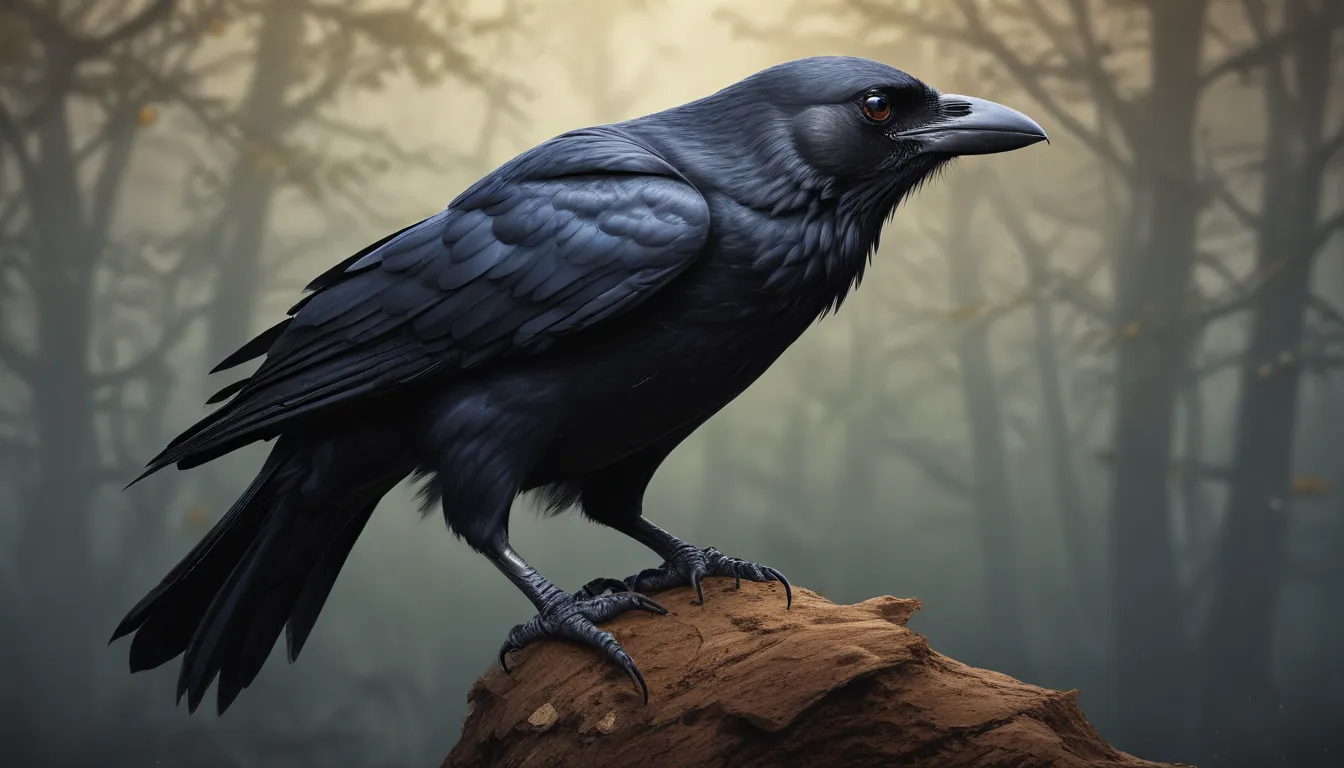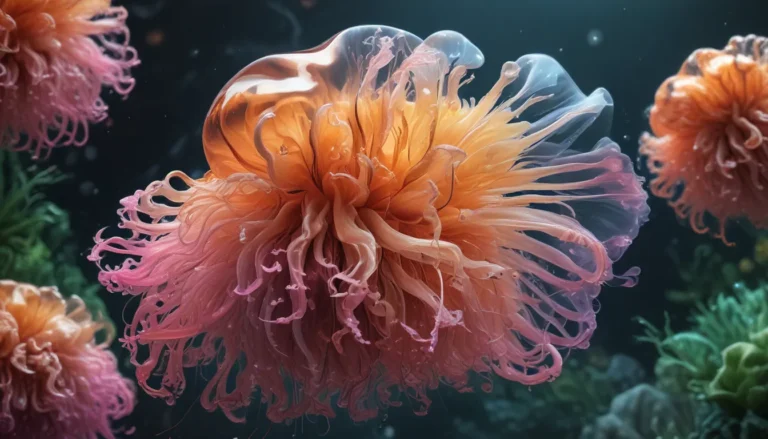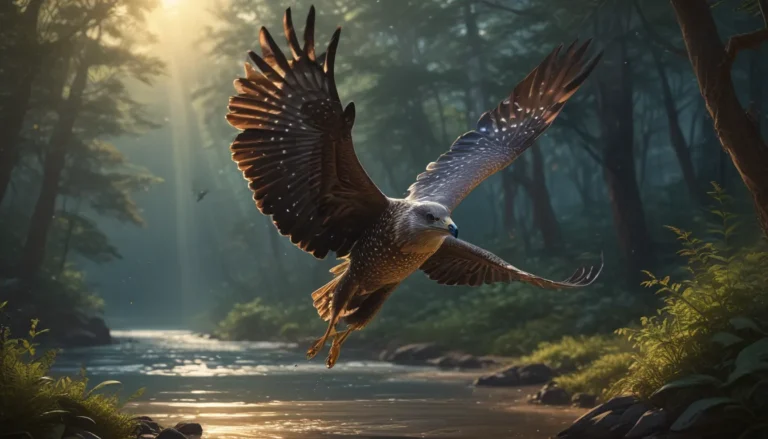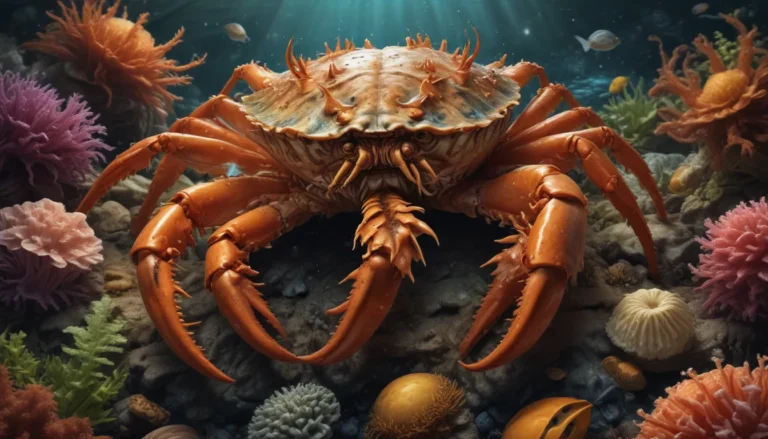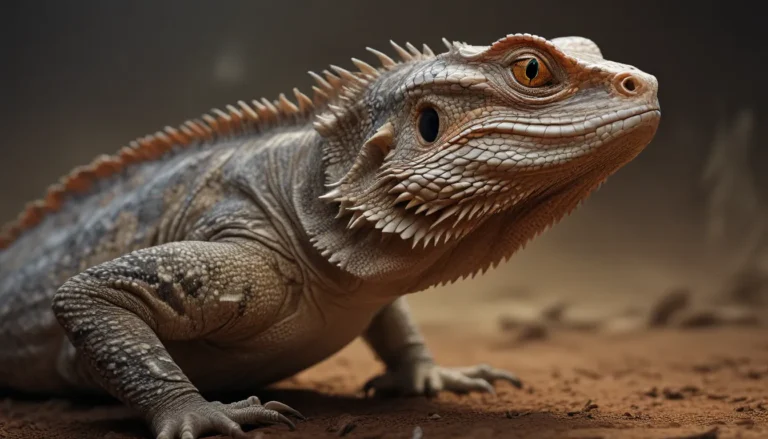The pictures we use in our articles might not show exactly what the words say. We choose these pictures to make you interested in reading more. The pictures work together with the words but don’t take their place. The words still tell you the important facts.
Bird brains are often associated with lack of intelligence, but when it comes to ravens and crows, the narrative changes. These playful and intelligent birds, especially crows, are known for their smart behavior and intricate social structures. Let's dive into the captivating world of crows with these informative and engaging crow facts.
Unveiling Crow Secrets
Quick Facts
- Three-legged crows exist in Chinese, Korean, and Japanese mythologies.
- Crows lay around three to nine eggs per clutch.
- Crow eggs typically hatch after 20-40 days.
Essential Facts
- Crows belong to the Corvidae family, which includes ravens and rooks.
- The genus Corvus houses around 45 species of crows.
- Crows are omnivores with distinct calls and social behaviors.
Interesting Facts
- Crows are songbirds despite their irksome calls.
- Female crows reach sexual maturity earlier than males.
- Crows can be found on every continent except Antarctica.
The Remarkable Intelligence of Crows
Crows Can Use Tools
- Crows utilize tools to find food, showcasing their intelligence.
- They can also create their own tools, a behavior observed in New Caledonian crows.
- This tool-making ability mimics human and great ape behavior.
Goal-Oriented Behavior
- Crows exhibit goal-oriented behavior, showing a sense of accomplishment.
- Like humans, they enjoy the process of completing tasks.
Large Brains and Memory
- Contrary to the "bird brain" stereotype, crows have proportionally large brains.
- Their sharp memory allows them to remember faces for extended periods.
Intriguing Crow Behaviors
The Art of Storing Food
- Crows don't just eat food but also store it for later consumption.
- They prioritize eating perishable items first before storing less perishable foods.
Traffic Rule Experts
- Japanese crows have mastered traffic rules to crack walnuts.
- They drop walnuts on roads for cars to run over and crack, displaying innovative problem-solving skills.
Crow Rituals
- Crows hold funerals for their deceased, showcasing complex social interactions.
- These funerals may serve as learning experiences for other crows.
Social Communication
- Crows can recognize human faces, remembering individuals for years.
- They gossip and share information with other crows to warn against potential threats.
Evolutionary Adaptations of Crows
Adaptive Tool Creation
- Crows display tool-making creativity by using and creating tools.
- This adaptability contributes to their survival in diverse environments.
Puzzles and Problem-Solving
- Crows can solve complex puzzles to access hidden food rewards.
- Their ability to reason analogically sets them apart as intelligent creatures.
City Dwellers
- Thriving in urban environments, crows adapt to varied food sources.
- Their generalist nature allows them to flourish in changing habitats.
Mythology and Unusual Discoveries
Mythical Creatures
- Crows feature prominently in global mythology, symbolizing luck or omens.
- Some myths associate crows with death and witchcraft due to their appearance.
Rare White Crows
- Genetic anomalies produce white crows, rare sightings due to pigmentation loss.
- Albino crows lack pigments for feather coloration, affecting their longevity.
Social Etiquette
- Crows form long-lasting relationships and reconcile after conflicts.
- Young crows assist in raising siblings and defend family territories.
Embrace the Intriguing World of Crows
As we unravel the complexities and wonders of crows, it becomes evident that these birds are far more than mere creatures of habit. Their intelligence, adaptability, and social dynamics offer a window into the fascinating realm of avian behavior. Next time you encounter a crow, remember the remarkable facts that make them one of nature's most intriguing species.
